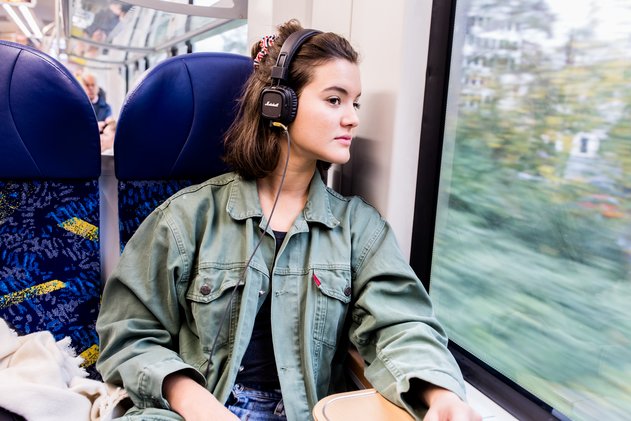
Travelling between Groningen and the home region
SAC conducted the research among 141 German students in Groningen from various studies. They completed a survey about their travel behaviour. See the fact sheet for the most important results.
The study shows that the majority (66.6%) of German students travel by train between Groningen and the home region. The main reasons for this are price, convenience and climate change. 15.6% travel by car, mainly because of comfort and shorter travel time. They indicate that they do not travel by public transport because it takes too long and/or it is too expensive.
Future passenger numbers
The students also answered questions about their future travel behaviour. 75% of them plan to (continue to) use public transport in the future. To the question 'What would motivate you to (continue to) travel to Groningen by public transport in the future?' 'cheaper tickets', 'direct(er) connections' and 'shorter travel times' are the most frequently given answers.
Background
The SAC's study will help the Wunderline estimate future passenger numbers, and students are a very important target group. The study is limited in scope, but it clearly shows that students' use of public transport will most likely only increase in the future. The study can also help to better customise the travel provided to the wishes and needs of students, such as discount tickets to make studying in the neighbouring country more attractive.